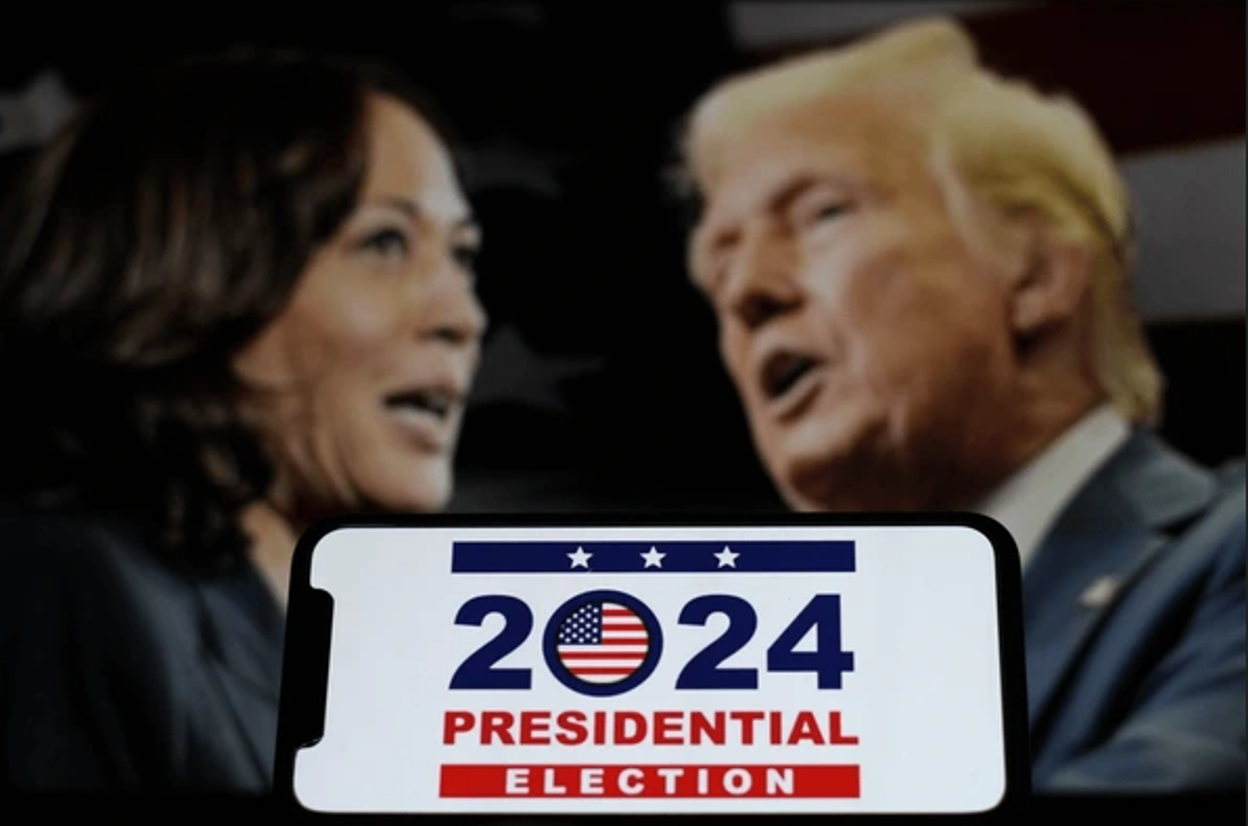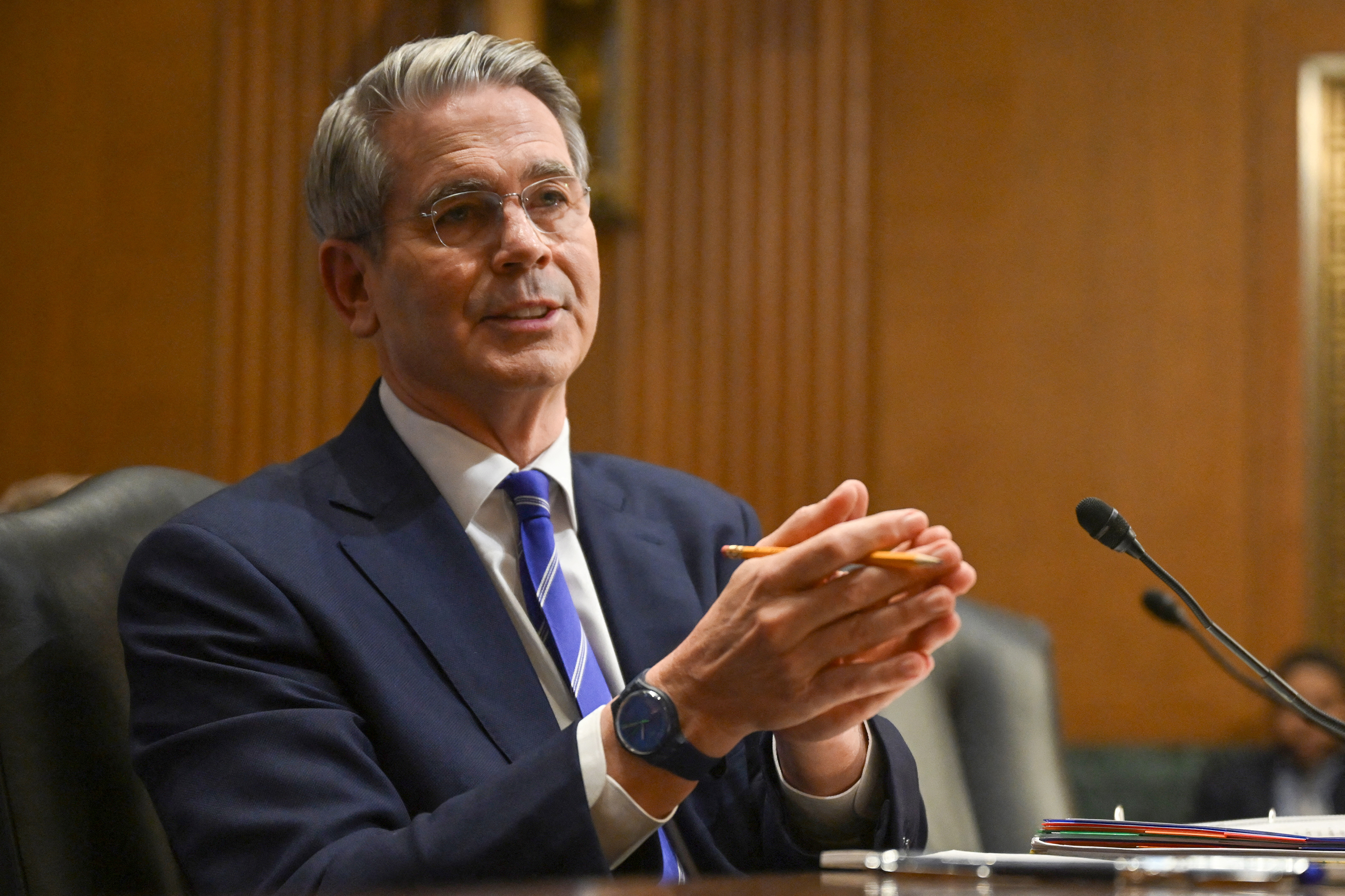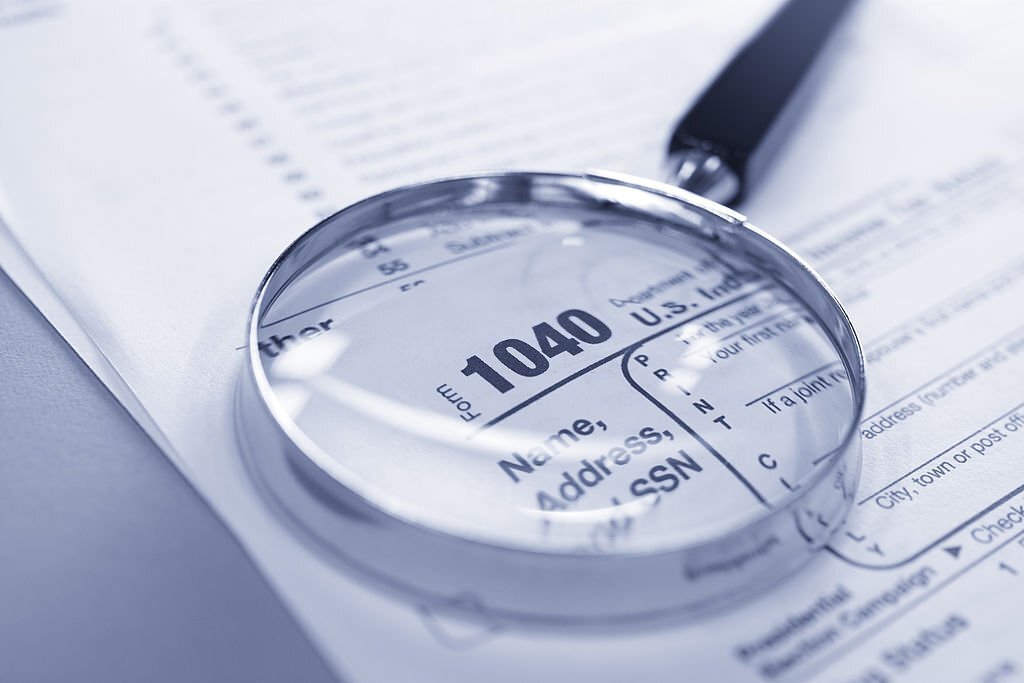By Matthew Stolle
Post-Bulletin, Rochester, Minn.
(TNS)
Sep. 2—LAKE CITY, Minn. — Erica Hoops of Lake City has been a waitress and bartender at Port 104 for nearly two decades. She’s found it to be lucrative. Because she enjoys people, finds the work fun and is good at her job, the customers often bestow an appreciative tip.
And for Hoops, that extra cash has made a difference in her life. When Hoops was in nursing school, tips paid for the necessities—the grocery bill and a car—as well as the extra “fun” things. Now as the mother of an 8-year-old and a 6-year-old, the money she makes from tips goes toward family trips as well as paying off her remaining student debt.
Now, in a first for a presidential race, both major party candidates, former President Donald Trump and Vice President Kamala Harris, have put a spotlight on tipped workers with a pledge: No tax on tips.
Trump got the ball rolling months ago. Under his plan, restaurant workers, barbers, caddies, movers, drivers and others would not be taxed on their tip income.
Recently, Harris has chimed in with a similar proposal: Her plan would eliminate taxes on tips for hospitality and service workers.
For Hoops, whose tips are now taxed at a combined 30% after federal, state and local levies, the exemption would translate into $30 or more per shift, she said.
“It would be more take-home money for me and my family,” Hoops said.
The campaigns’ competing proposals underscore the tight nature of the race between Harris and Trump, where polls show Harris with a slight lead and an electoral map that could break either way. Both in particular have their eye on Nevada, one of half a dozen battleground states that could tip the election outcome, with its high concentration of service workers.
While the political logic behind the plans is compelling, the plan to end taxes on tips is panned by tax experts.
“All I can say is, I hope what happens in Vegas stays in Vegas, because these are bad ideas,” said Steven Rosenthal, a senior fellow at the Washington-based Urban-Brookings Tax Policy Center.
He called the plan the perfect “trifecta” of bad tax policy because it fails the three tests used to evaluate tax proposals: Equity, efficiency and revenue impact.
One of the biggest problems with a plan to end taxes on tips is its arbitrariness. Why should tipped workers get singled out for special tax treatment to the exclusion of others who do similar work?
“What about the person who has a low-wage job but is not tipped?” said Amy Monahan, a Distinguished McKnight University professor at the University of Minnesota Law School. “People that work at grocery stores or who are personal care attendants and assistants are low-wage workers who don’t get tips. So you’re treating people who are in the same economic position differently.”
Exempting tips also introduces distortions and inefficiencies into the economy. While tipped workers make up a large part of the workforce in Nevada, they are a far smaller percentage elsewhere—2.5%, one expert said. Yet it is easy to imagine all kinds of workers clamoring to be paid in untaxed tips.
They could include everyone from home cleaning service workers to dental hygienists passing around a tip cup, to plumbers and auto-repair workers, to lawyers and investment bankers.
“What happens is, you’d expect a sorting where people would work for generous tippers and not work for those who object to the process,” Rosenthal said. “It’s less transparent, less equitable. And there’s no reason to distort the economy in that fashion.”
And from a revenue standpoint, it could be “quite expensive,” Rosenthal added. Some projections have the cost to the federal budget at $100 billion to $200 billion.
Harris’ campaign said she would work with Congress to come up with a proposal that would include an income limit and other provisions to prevent abuses by wealthy individuals who might seek to structure their compensation to classify certain fees as tips.
The requirements would be aimed at preventing hedge fund managers and lawyers from structuring their compensation in ways to take advantage of the policy. Trump has not said whether his proposal would include any such requirements.
Tipped workers tend to be younger, with an average age of 31, and lower income. The median weekly pay for tipped workers in 2023 was $538, compared with roughly $1,000 for non-tipped workers.
The plan also misfires, Monahan said, because low-income workers wouldn’t be the only beneficiary of such a plan. Highly paid workers would, too. It is common in a number of industries, from high-end salons to plush restaurants, for well-paid employees to be paid in tips. Their tips would also be exempt.
“The policy becomes even harder to defend,” Monahan said.
The plan is also problematic if the exemption covers not only part of their income but payroll taxes. The payroll tax funds Social Security and Medicare. It could mean lower Social Security benefits for the recipient.
The idea of excluding tips from taxation isn’t entirely new. Ron Paul proposed the idea when he ran for president in 2012. But the idea didn’t go very far. And there is a reason why such a campaign promise regarding tips has never come close to becoming law, Rosenthal said.
“The reason it hasn’t been enacted is that it’s absurd,” he said. “You can pander in Nevada all you like, but at the end of the day, there needs to be legislation. And this idea of exempting tips would have been panned by both Republicans and Democrats.”
Monahan said there are better tools at the disposal of policymakers to lower the tax burden on low-income individuals. One would be to raise the standard deduction to make more people exempt from federal income taxes altogether. Tax rates at the bottom end could be lowered further to 5% from 10%. The Earned Income Tax Credit, which encourages work in low-income individuals whose jobs pay poorly, could be expanded.
“If you were really trying to target low-wage workers who are really struggling financially and you wanted to do it through the tax codes, those are three policy tools that would be the most obvious choices,” she said.
_______
(c)2024 the Post-Bulletin. Visit the Post-Bulletin at www.postbulletin.com. Distributed by Tribune Content Agency LLC.
Thanks for reading CPA Practice Advisor!
Subscribe Already registered? Log In
Need more information? Read the FAQs
Tags: Benefits, Income Tax, Payroll, Payroll Taxes, Small Business, Taxes




